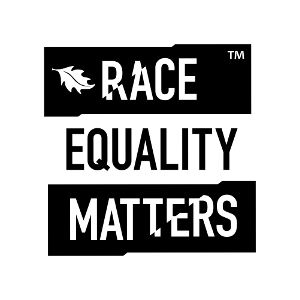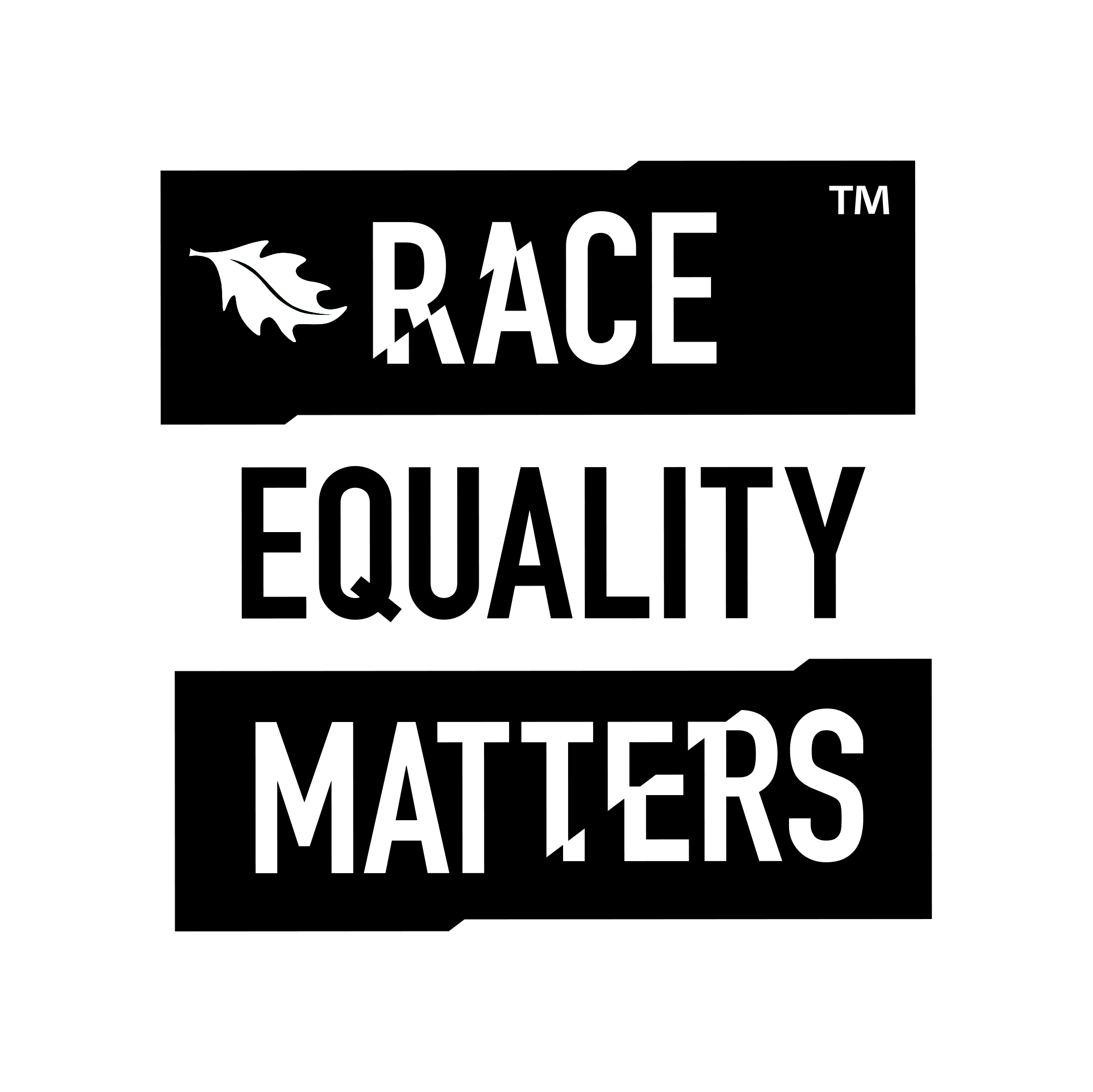
What is
your name?
73% of people have had their name mispronounced. Regardless of reason, it’s hurtful to those affected. After all, your name is more than just a name. It's part of your heritage, identity and pride.
That is why Race Equality Matters has established #MyNameIs - a campaign to encourage people to raise awareness of simply introducing phonetic spellings as standard practice. Share your name, share your story.
Don’t know the phonetic translation of your name?
When translating your name to phonetics you first need to figure out its phonetic pronunciation. When that is done, you can try to write those sounds in the name pronunciation tool and then use the speaker icon to proof it.
Alternatively, you can also use this phonetic dictionary.
You can also learn more in our MyNameIs Guide.


Start by typing your actual first name
Please enter your first name only

Learn how to spell your name phonetically here or use the speaker button to hear what your spelling sounds like.
The image including the phonetic spelling of your name can be downloaded and shared across social platforms. You can also copy the text version of your phonetic spelling and add it to your email signature or social channels. When sharing the photo of your name, we ask you to use #MyNameIs
About the
campaign
The #MyNameIs campaign from Race Equality Matters aims to highlight names, and the importance of pronouncing them correctly. Pronouncing names correctly matters, and with a phonetic translation it's easier for people to get it right. Share your name, share your story.
FAQs
What happened to the feature that automatically gives a phonetic translation of your name.
The tool was powered by NameShouts which for a short period offered the service to help spread the word. Unfortunately, that period has now come to an end, but 94% of people still believe in the #MyNameIs campaign and the Fuh-Net-Tic Filter. So, our goal remains the same.
We still encourage people to try to develop their own phonetic translation and raise awareness using the social media asset it provides.
How do I share my name?
You can download the social photo of your name and share it on the platform of your choice. You can also download a clean text version of your phonetic name and share it where you like.
What is phonetic spelling?
In short, phonetic spelling translates letters into sounds in order to assist in pronouncing words and names. If you want to learn more about phonetic spelling and how to pronounce your, or anyone else's name, you can read more in this guide.
How do I type my name phonetically?
When translating your name to phonetics you first need to figure out it's phonetic pronunciation. When that is done, you can try to write those sounds in the name pronunciation tool and then use the speaker icon to proof it. You can also get more instructions on how to type phonetically here.
What is Race Equality Matters?
Race Equality Matters was formed in response to the Black Lives Matter Movement to turn declarations of commitment and support from organisations and individuals into meaningful change in racial equality both in the workforce & in society.
A not for profit community interest company, Race Equality Matters is founded by Green Park and The Collaboratory in collaboration with a cohort of minority-owned organisations with a passion for diversity, inclusion & equality and with a track record in moving the dial.
What is Race Equality Week?
Race Equality Week is an annual UK-wide movement uniting thousands of organisations and individuals to address the barriers to race equality in the workplace. Race Equality Week unites employees, focuses senior leaders, and unites organisations. It also encourages them to continue their activity and drive race equality all year long.
What else can I do?
To join the Race Equality Matters community for free, to be part of the change and be kept informed you can learn more here. You will also be able to access other resources and tools to tackle race inequality at the workplace.


 Back
Back



